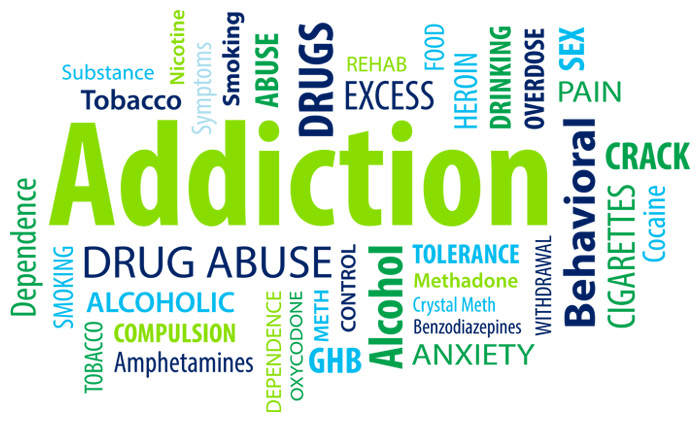Addiction treatment methodologies

Addiction treatment methodologies that deliver hope for people struggling with substance abuse
Addiction treatment methodologies: How should it be done?
The nature of substance abuse demands that careful consideration needs to be taken in handle the recovery process. Professionally doctor Dalal Akoury MD and addiction expert of several decades is registering that drug addiction treatment methodologies should include and is not limited to medication and behavioral therapy, especially when combined. It is important to appreciate that these are very important elements of an overall therapeutic process that often begins with detoxification, followed by treatment and relapse prevention. Bringing the withdrawal symptoms complications to manageable levels can be very important in the commencement of treatment. And besides that, preventing relapse is also very necessary for maintaining the effects of treatment.
And according to the experts at AWAREmed Health and Wellness Resource Center under the leadership of Doctor Dalal Akoury, it is important to note that sometimes just as with other chronic conditions, incidents of relapse may require a return to the prior treatment components. A variety of care and services that include a customized treatment regimen addressing all aspects of an individual’s life, including medical and mental health services and follow-up options like for instance, community or family-based recovery support systems can be crucial to a patient’s success in achieving and maintaining a drug-free lifestyle.
Addiction treatment methodologies: Behavioral treatment
Behavioral treatments help patients engage in the treatment process by modifying their attitudes and behaviors related to drug abuse besides increasing healthy life skills. These treatments can also enhance the effectiveness of medications and help people stay in treatment longer. Treatment for drug abuse and addiction can be delivered in many different settings using a variety of behavioral approaches.
Outpatient behavioral treatment encompasses a wide variety of programs for patients. Most of the programs available involve individual or group drug counseling. Some programs also offer other forms of behavioral treatment such as:
- Cognitive–behavioral therapy, which seeks to help patients recognize, avoid and cope with the situations in which they are most likely to abuse drugs
- Multidimensional family therapy, which is targeting adolescents with drug abuse problems alongside their families. It addresses a range of influences on their drug abuse patterns and is designed to improve overall family functioning
- Motivational interviewing, which capitalizes on the readiness of individuals to change their behavior and enter treatment
- Motivational incentives also are known as contingency management, which uses positive reinforcement to encourage abstinence from drugs
Residential treatment programs can also be very effective, especially for those with more severe problems. For example, therapeutic communities (TCs) are highly structured programs in which patients remain at a residence, typically for 6 to 12 months. TCs differ from other treatment approaches principally in their use of the community treatment staff and those in recovery as a key agent of change to influence patient attitudes, perceptions, and behaviors associated with drug use.
Addiction treatment methodologies: Treatment within criminal justice system
We conclude with the treatment in a criminal justice setting which is tailored into succeeding in preventing an offender’s return to criminal behavior, particularly when treatment continues as the person transitions back into the community. Finally, with these effective approaches for drug addiction treatment, you can call on doctor Akoury for professional help by scheduling an appointment so that your concerns can be addressed effectively and professionally.
Addiction treatment methodologies: How should it be done?









